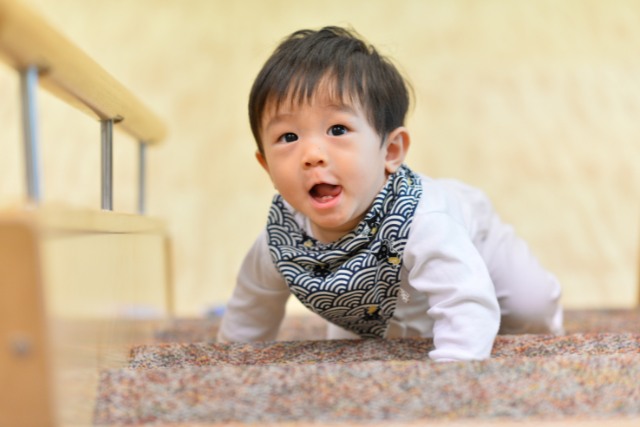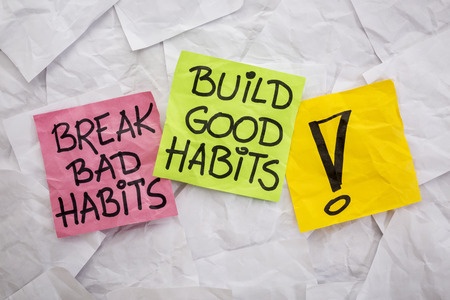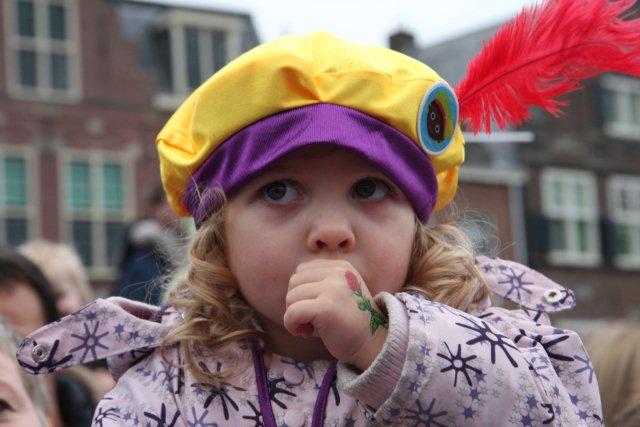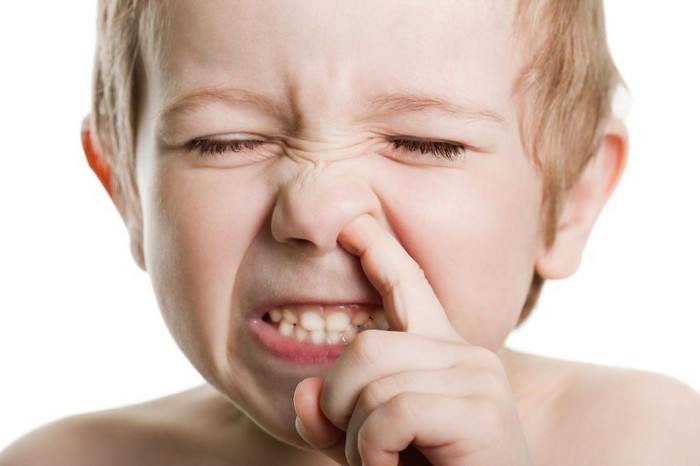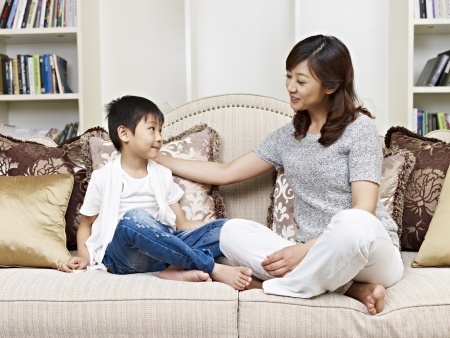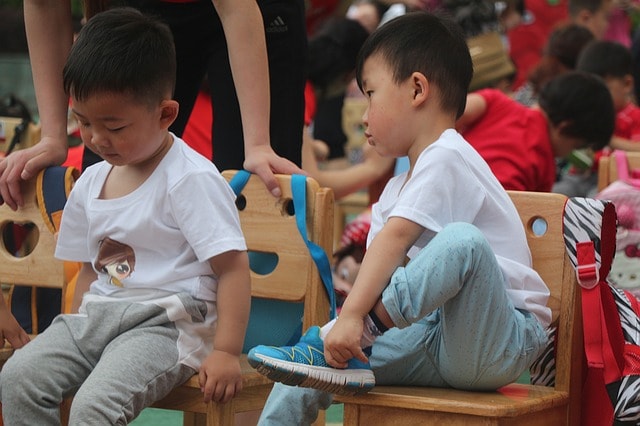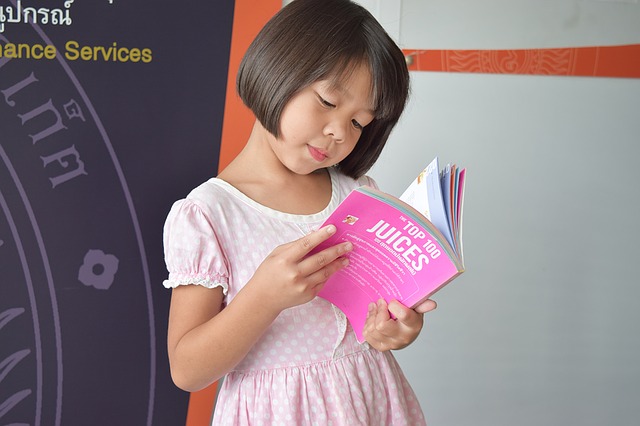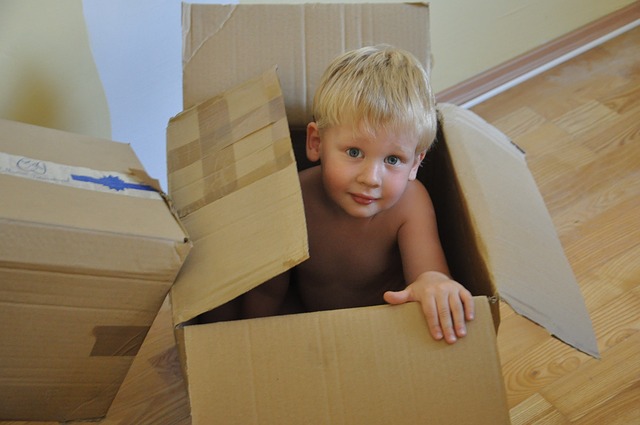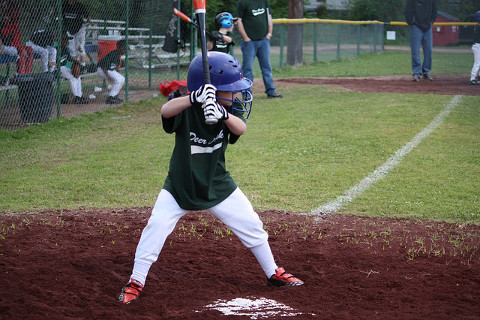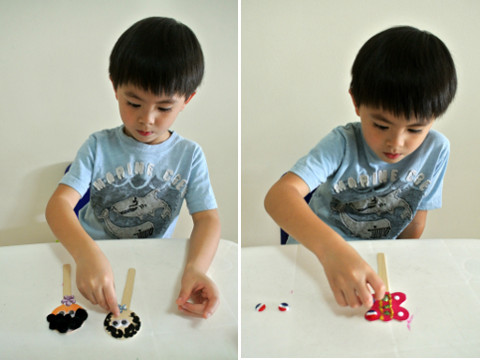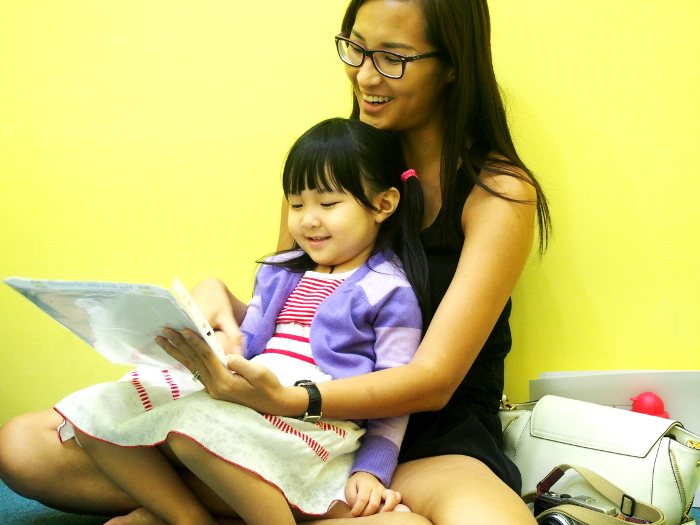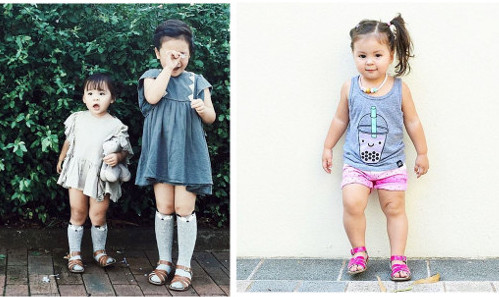Many ‘bad habits’ in children are common developmental behaviours they will eventually grow out of. Some habits may take longer than others to give up and all require patience and understanding on the part of the parents.
Where possible, the simplest solution is not to pay attention to the habit, allow it to run its course, though admittedly this is easier said than done. And in cases where the habit results in harm to self or others, allowing it to continue is not advisable.
For example, we know that thumb sucking can cause long-term dental problems. Ideally, this habit should be nipped in the bud as early as possible. Or a child who frequently bites nails, this action can lead to bleeding or infection. What about a child who lashes out at others? Obviously, this should not be allowed to continue.
More often than not, it is us – the parents – who find our children’s habits annoying or embarrassing. Your three-year-old gleefully explores her nostrils for the entire bus journey home while you spend your time constantly pulling out her finger, telling her “Don’t do that!” Or when you are in the department store with your five-year-old son, who appears to be more interested in what’s ‘in his trousers’. Sounds familiar?
Touch there not
This particular habit, fiddling with genitalia, is a perfectly natural way for both boys and girls to discover about their bodies as they pass through various stages of development. It is something they start to do from birth. It is not wrong. Avoid humiliating reprimands that lower their self-esteem.
‘Fiddling’ in public is not ideal, as some habits carry a social stigma that if left unchecked could lead to perfectly innocent yet inappropriate behaviour towards another child. Talk to your child about it – why such behaviour may not be appropriate in public, and provide suggestions on a more appropriate setting to do so. Reassure them that you are not angry, that you only wish to talk openly about it with your child.
Kicking the habit
Many of the more common childhood habits such as nail biting, sucking thumb, hair twirling (more common in girls) or holding one’s breath, are coping strategies for children when they feel anxious, tired, bored or are in need of attention or comfort. Make a point to know what triggers your child’s habit – what causes the habit to start and what feeds it.
With this awareness, you will better understand if the underlying cause is something more deep-rooted and to be more concerned about (in this case it is best to seek professional help). Or if it is a habit that will gradually subside with a few simple strategies and plenty of patience.
Fiona Top 5 Tips for Kicking ‘Unwanted’ Habits
1. Routines and daily rituals
Setting routines help to create a sense of security and trust in others in your child’s lives. Without routines, children can become anxious and unsure of what’s ahead. Routines encourage confidence and independence, as they know what to expect and what is expected of them.
2. Set up a rewards system
It can be a star chart or collecting stickers. Reward your child each time they go for a certain period of time without engaging in their habit. At the end of the week, you could exchange the stars or stickers for a special treat. Make sure that goals are realistic and attainable. Ideally, involve your child in creating the reward system too, providing them with a valuable sense of responsibility and achievement.
3. Walk the talk
Let’s face it – most bad habits are picked up from adults. Children love to copy and they copy their most important role models – you! Stop picking your nose if you don’t want your child to do the same!
4. Listen
When your child comes to you with a concern, frustration or something that excites them, show interest in what they are expressing. Many unhealthy habits form when children feel exasperated because they think you are not listening or because they believe you don’t care.
5. Show your affections
Praise and cuddle your child every step of the way. Knowing they are loved, supported and secure, will not only encourage your child to stop but diminish the need for the habit in the first place.
By Fiona Walker, Principal Of Schools & CEO, Julia Gabriel Education
Fiona Walker joined Julia Gabriel Centre in 1991 as a teacher and is now the Principal of Schools / CEO of Julia Gabriel Education. She holds a Masters in Early Childhood Education and is a qualified Montessori teacher with more than 20 years of experience in providing quality education for young children. She is committed to the ongoing development of teachers and curriculum in Julia Gabriel Education.
This article was first published in The New Age Parents e-magazine.
* * * * *
Like what you see here? Get parenting tips and stories straight to your inbox! Join our mailing list here.
Want to be heard 👂 and seen 👀 by over 100,000 parents in Singapore? We can help! Leave your contact here and we’ll be in touch.













